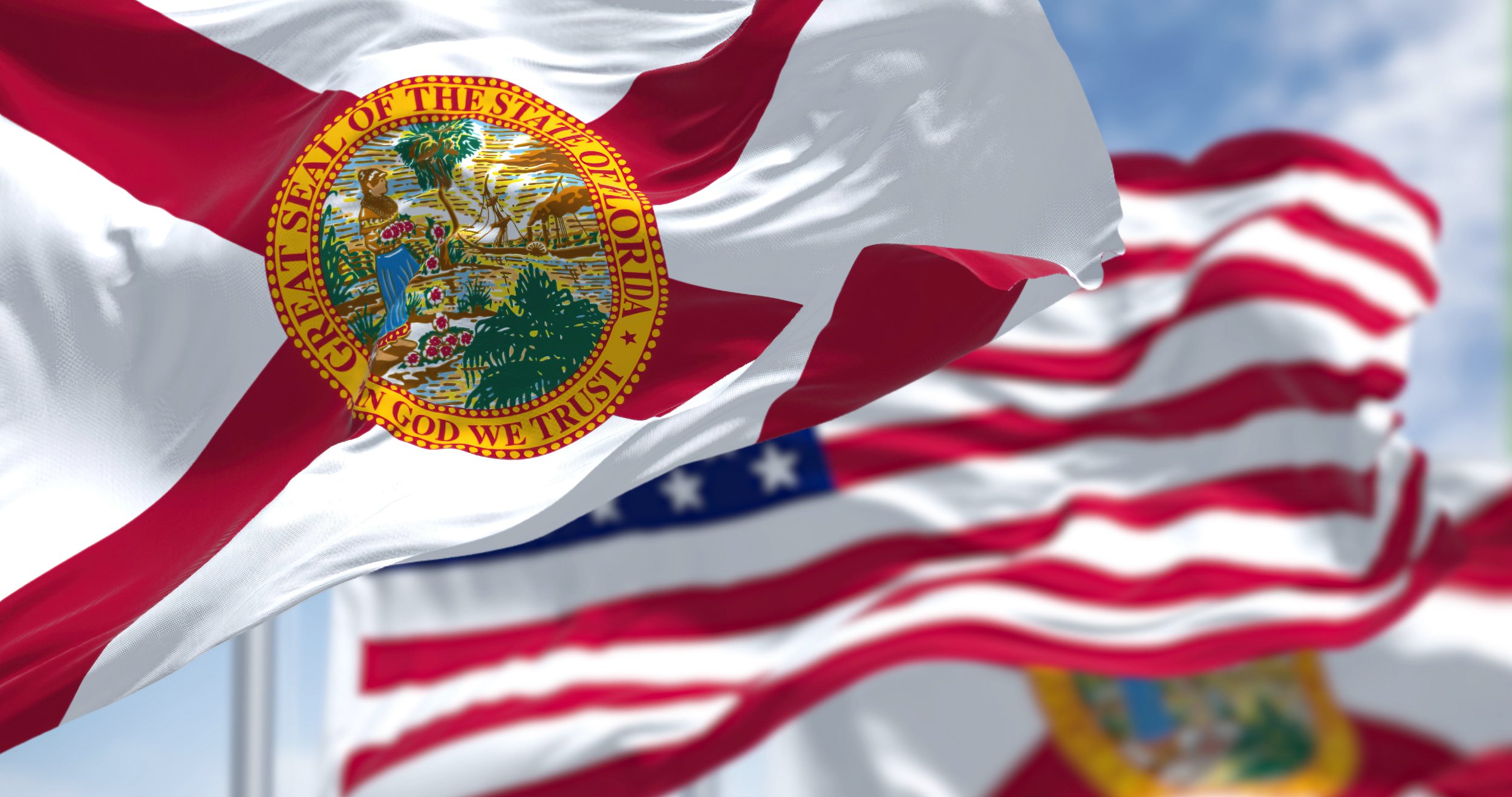
Staying up-to-date on the latest in education news is easier than ever.
Week of April 7th
-

Celebrate America’s 250th Anniversary by Entering the America250FL Essay and Art Contests
Tallahassee, Fla., February 2, 2026 – To honor the 250th anniversary of our nation’s founding, the Florida Department of Education and Volunteer Florida invite all Florida students in grades K-12 to participate in the America250FL art and essay contests. The essay and art contests provide an opportunity for students to pause and reflect on our nation’s past and honor Florida’s contributions to America. Students should submit an original artwork or essay with the theme, “Celebrating Florida’s Contributions to America” by Monday, March 16.
“As America approaches its 250th anniversary, the America250FL contest offers students a meaningful opportunity to explore how Florida has helped shape and strengthen our nation,” said Commissioner of Education Anastasios Kamoutsas. “As a national leader in education, I am proud of what we have accomplished and look forward to reading and seeing the outstanding work students will submit.”
“The Spirit of ‘76 is alive and well in Florida,” said Secretary of State Cord Byrd. “As Chair of the America250FL Commission, I encourage all students to reflect on Florida’s history and heritage by participating in the art and essay contests.”
“America’s 250th anniversary is a powerful opportunity to inspire the next generation to reflect on our shared history and imagine how they can help shape our future,” said Josie Tamayo, CEO of Volunteer Florida. “Through the America250FL essay and art contests, students are encouraged to celebrate Florida’s contributions to our nation and continue that story through service and civic engagement.”
About the Student Art Contest
The America250FL art contest is open to all Kindergarten through grade five students in Florida. Each student should submit an original, two-dimensional artwork based on this year’s theme. Six winners will be selected, and each winner will receive a 2-year Florida College Plan scholarship provided by the Florida Prepaid College Foundation.
About the Student Essay Contest
The America250FL essay contest is open to all students in grades 6-12. Eight winners will be selected: three middle school students (grades 6-8) with each winner receiving a 2-year Florida College Plan scholarship provided by the Florida Prepaid College Foundation and five high school students (grades 9-12) with each winner receiving a 4-year Florida College Plan scholarship provided by the Florida Prepaid College Foundation.
Art and essay contestants must be Florida residents and be able to provide a Social Security number. Each student may enter only one submission.
Contest Entries and Nominating Forms and Guidelines
Student contest forms must be mailed to Volunteer Florida or submitted online at America250FloridaContest.com.
-

Florida senators pass public school ‘deregulations
TALLAHASSEE, Florida — State senators unanimously passed a slate of policies Thursday aimed at giving Florida’s public schools new flexibility as they compete with booming school-choice programs.
Senate leaders for years have attempted to get different “deregulations” over the hump in Tallahassee, but each time faced a wall of skepticism in the House. After scaling back key pieces of the legislation that faced objections in the past, senators are trying again and are optimistic they will get buy-in from the House this time.
-

Resolution supporting religious expression in public schools clears final House panel after pushback
'Now more than ever in America and Florida, we need faith, we need God in our schools.'
A measure seeking to enshrine religious protections in schools has cleared its second and final committee stop, with just one lawmaker voting against it.
Rep. Chase Tramont’s resolution protecting religious expression in public schools (HJR 583) cleared the Education and Employment Committee on an 18-1 vote, with only Democratic Rep. Rita Harris voting against it.
Harris made clear her vote against the measure wasn’t because she opposes freedom of religious expression — she referred to herself as a deeply faithful person — but because she felt the provisions were already in statute and she feared the language could carry unintended consequences of making members of minority religions feel less welcomed.
The measure cleared its first committee last week, and is now teed up for a full House vote.
-

Cursive writing bill swoops to House floor
A proposal requiring testing for Florida students’ cursive writing ability passed its second House committee Thursday, the last stop before it goes before the full House.
HB 127 would put in state law a requirement to test elementary students on their ability to write and read cursive.
“We’re in a digital age right now, and we’ve really lost sight of our foundational skills that connect us to our history and sharpen our minds. If our students can’t read cursive, they can’t read the Declaration of Independence, the U.S. Constitution, or even a grandparent’s handwritten letter,” bill co-sponsor Rep. Dana Trabulsy told the House Education & Employment Committee. “Cursive writing isn’t just a skill, it’s a link to our heritage and a tool for lifelong learning.”
Existing state law does not require cursive writing, but State Board of Education curricula do. The board, however, does not require students to prove proficiency.
The state requires public schools to teach students how to write upper- and lower-case letters in third grade, consistently readable cursive in fourth grade, and, in fifth grade, to write as fast in cursive as they would writing print.
The bill would require that, by the end of fifth grade, “each student must demonstrate proficiency in cursive writing through an evaluation of written work.”
Proficiency is defined as writing upper- and lower-case letters, legibly writing words with proper spacing, and reading and writing essays and assignments in cursive.

